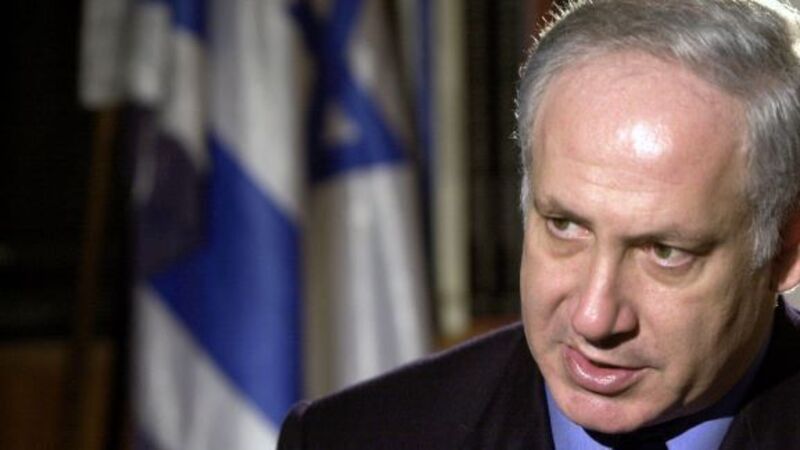'Captured' Israeli soldier is declared dead

An Israeli soldier feared by the the military to have been abducted by Palestinian gunmen in a firefight that shattered Gaza’s temporary ceasefire has been declared dead.
The announcement ended what could have been a nightmare scenario for Israel, hours after it signalled plans to scale back its operation against Hamas militants.














